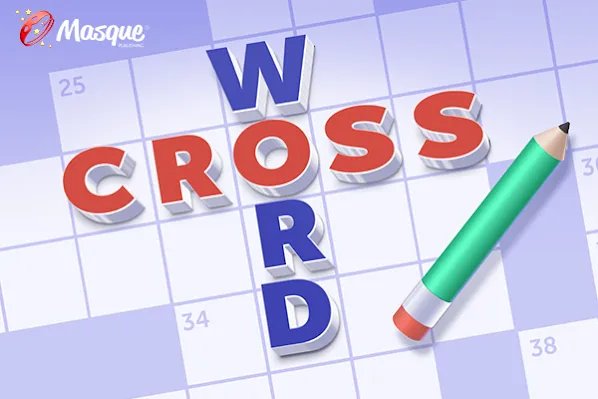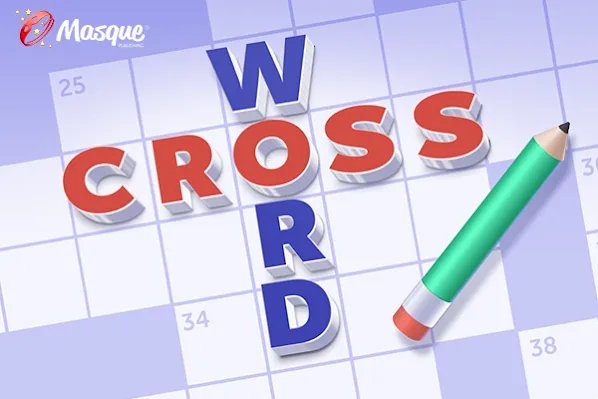## Epic’s Victory Turns to Dust: Fortnite Banned From iOS Globally
Remember that time Epic Games thought they’d outsmarted Apple in court? Well, it seems the tech giant isn’t one to forget a slight. Just weeks after winning a landmark case against Apple, Epic Games has been dealt a devastating blow: Fortnite is now completely banned from the iOS App Store worldwide.

Epic Games’ Olive Branch

Following the recent court ruling in favor of Epic Games, Tim Sweeney, CEO of Epic Games, has extended an olive branch to Apple. In a statement released by Gamestanza, Sweeney expressed his hope for a resolution to the long-standing dispute, emphasizing Epic’s past positive relationship with Apple.
Sweeney stated, “We were one of Apple’s best partners for more than a decade, from the point we released Infinity Blade for iOS and did amazing Unreal Engine support, right up until we started fighting them in 2020. A good decade of awesome partnership. We hope with now the law being classified, and Apple’s legal obligations under these consumer protection laws being clear, and now with Apple being forced by the court to adhere to them, that hopefully we can put our dispute to rest.”
This conciliatory tone marks a significant shift from Sweeney’s previous comments after the 2024 appeal decision, where he lamented the legal battle as a loss for developers.
The proposed peace agreement hinges on Apple’s global compliance with the court’s ruling. Sweeney explicitly stated, “If they comply with the ruling, we will bring Fortnite back to iOS, again via the App Store globally, and we will drop all litigation against them.” This suggests a willingness on Epic’s part to re-enter the iOS market and abandon further legal action if Apple meets the court’s requirements.

The Global Stage
While the recent ruling is a significant victory for Epic Games, the question of Apple’s global compliance remains a key challenge. Apple has a history of operating with varying levels of regulatory adherence across different jurisdictions.
The court’s order directly impacts Apple’s App Store policies, mandating them to cease enforcing their 30% commission on in-app purchases and refrain from obstructing developers’ communication with users. However, Apple’s response has been one of defiance, with a spokesperson stating, “We strongly disagree with the decision. We will comply with the court’s order and we will appeal.” This indicates a potential for protracted legal battles in various jurisdictions as Apple seeks to challenge the ruling’s enforceability outside of the United States.
The complexities arise from the diverse regulatory landscapes governing digital marketplaces in different countries. While the United States court ruling holds weight, its application might face hurdles in regions with varying antitrust laws and consumer protection regulations.
For instance, the European Union has been actively pursuing antitrust investigations against Apple’s App Store practices, with potential implications for the company’s global operations. The outcome of these investigations could influence Apple’s compliance posture across various markets.

The Future of Mobile Gaming
Impact on Developers
The implications of this ruling extend far beyond the Epic Games-Apple conflict, potentially reshaping the mobile gaming landscape for developers worldwide.
The court’s decision to cap Apple’s commission and prohibit anti-competitive practices could lead to a more equitable distribution of revenue within the mobile ecosystem. Developers could retain a larger share of their earnings, fostering greater financial independence and incentivizing innovation.
Furthermore, the ruling empowers developers by granting them greater control over their apps and user communication. This could allow for the emergence of alternative app distribution platforms and payment systems, challenging Apple’s dominance and fostering competition.

Consumer Choice and Competition
The ruling holds significant implications for consumers, potentially leading to increased access to games and alternative payment options.
With fewer restrictions on app distribution and payment methods, consumers might enjoy a wider selection of games, potentially at lower prices. This increased competition could drive innovation and benefit consumers through greater choice and affordability.
Moreover, the ruling could empower consumers by allowing them to bypass Apple’s in-app purchase system, potentially accessing games and content through more cost-effective means.
The Battle for Control
The Epic Games-Apple saga represents a broader struggle for control within the tech industry. The ruling could significantly impact the power dynamics between tech giants like Apple and independent developers.
By challenging Apple’s App Store policies, Epic Games has ignited a debate about fair competition and the role of platform monopolies in the digital economy. The outcome of this battle could have far-reaching consequences for the future of software distribution and developer autonomy.
The ruling could set a precedent for other tech companies facing antitrust scrutiny, potentially leading to greater regulatory intervention and a shift in power dynamics within the industry.
Conclusion
So, the Apple vs. Epic saga takes another twist. Despite Epic’s legal victory, Apple has pulled the plug on Fortnite on iOS globally. The tech giant maintains that Epic violated their App Store rules, while Epic argues this is a blatant power grab, stifling competition and innovation. This latest move underscores the fundamental clash between platform control and developer freedom, a battleground that will continue to shape the gaming landscape.
What does this mean for gamers? Immediate access to Fortnite on iOS is lost, but the wider implications are far-reaching. This case could set a precedent for future disputes between platform holders and developers, potentially impacting the way we access and purchase games across all platforms. Will other developers follow Epic’s lead, challenging the established order? Will Apple be forced to reconsider its App Store policies, or will this victory solidify its control? The answers remain unclear, but one thing is certain: the fight for gaming freedom is far from over.
The battle lines are drawn, the stakes are high, and the future of gaming hangs in the balance. Will gamers be left to navigate a fragmented landscape of walled gardens, or will innovation and choice prevail? The next chapter in this epic saga is yet to be written, and it’s up to all of us to ensure it’s a story that empowers players, not dictates their experience.